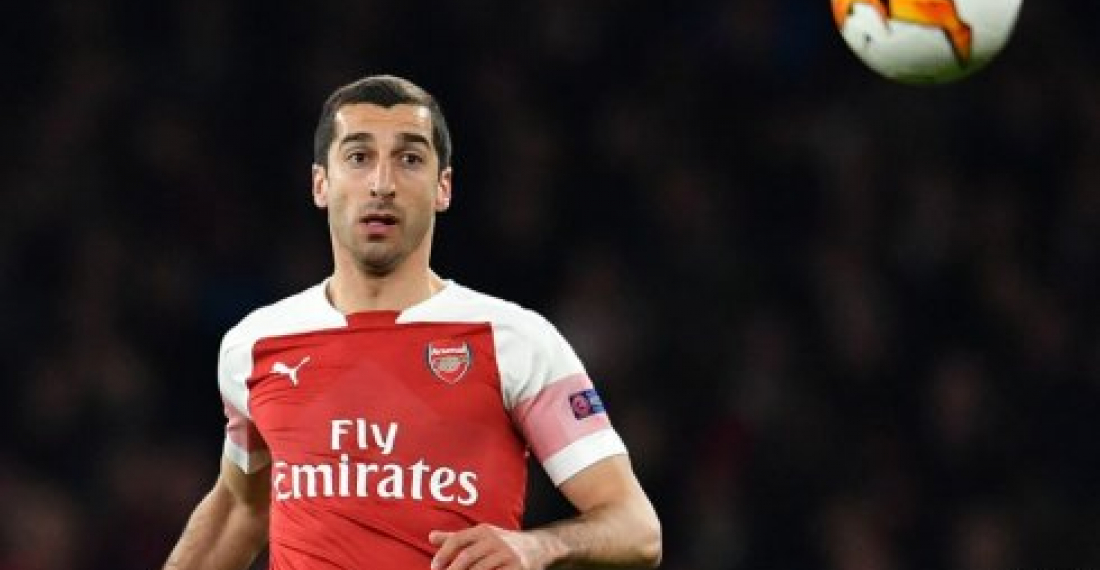Arsenal player and captain of the Armenian national football team, Henrikh Mkhitaryan, announced on Tuesday (21 May) that he would not travel with Arsenal to Baku for the Europa League final against Chelsea citing safety concerns. Due to the conflict over the Nagorno Karabakh, there are currently no diplomatic relations between Azerbaijan and Armenia, leading to fears regarding the player’s safety on the pitch.
In a public statement, Mkhitaryan has said that, "Having considered all current options, we had to take the tough decision for me not to travel with the squad to the Europa League final."
Following the decision, UEFA has come under fire, with some suggesting that the game should be boycotted. Arsenal’s managing director has referred to the situation as “unacceptable”, claiming that:
"We don't feel he can travel and it's extraordinarily sad. You don't get a chance to play in major European finals often and Miki has had it taken away from him.
Despite this, the Arsenal manager, Unai Emery, has emphasised that this was the player’s personal decision, which he made after speaking to his family, adding:
"It's a very, very personal decision and we need to respect him. I don't understand the political problems but I must respect his decision."
Azerbaijani officials have disputed that the player would be at risk, with Elkhan Mammadov, the Azerbaijan FA (AFFA) general secretary, saying:
"On behalf of the government and local organising committee we gave all the guarantees to UEFA and the club, but I think this was a personal decision of the player together with his family.”
Tahir Taghizade, the Azerbaijan ambassador to the UK, told talkSPORT that he was “disappointed” saying that although Mkhitaryan had once visited the Nagorno Karabakh leading to his automatic blacklisting from entering Azerbaijan “this had now been settled and there is no issue whatsoever” with him entering Azerbaijan.
When prompted, the ambassador said that he felt it was a political decision.
source: commonspace.eu with agencies
Photo from AFP news agency







